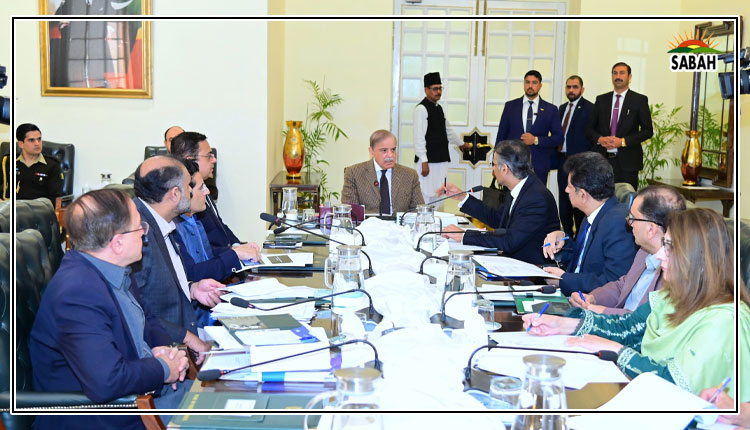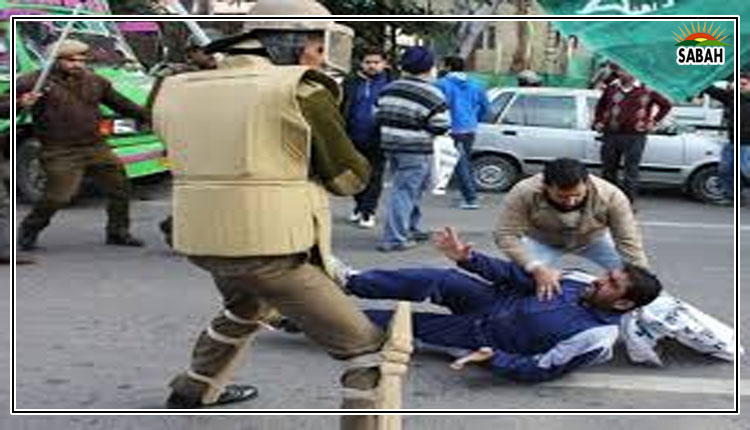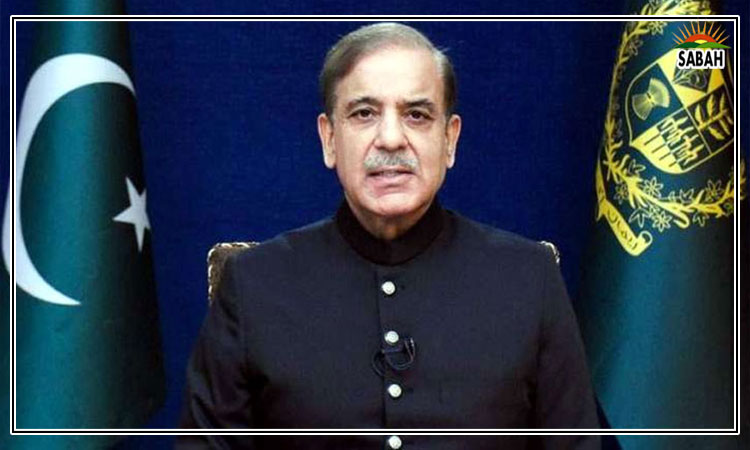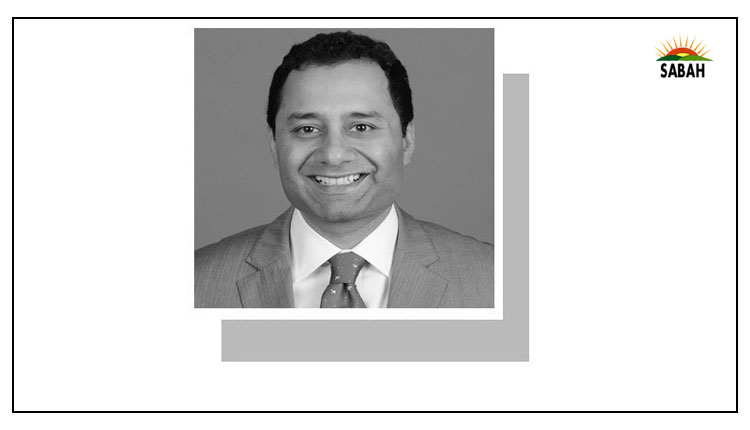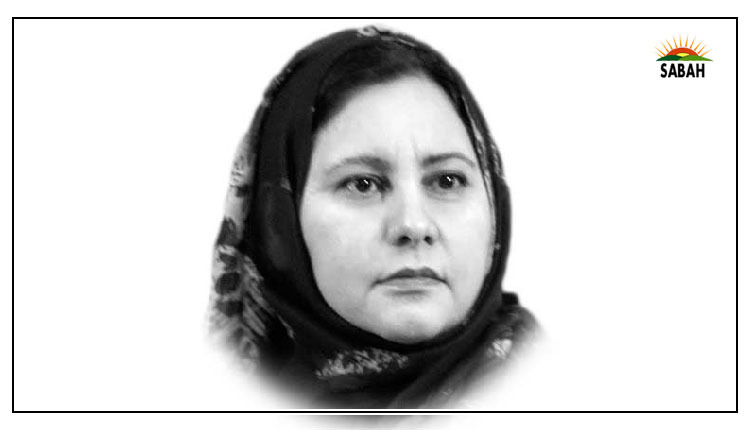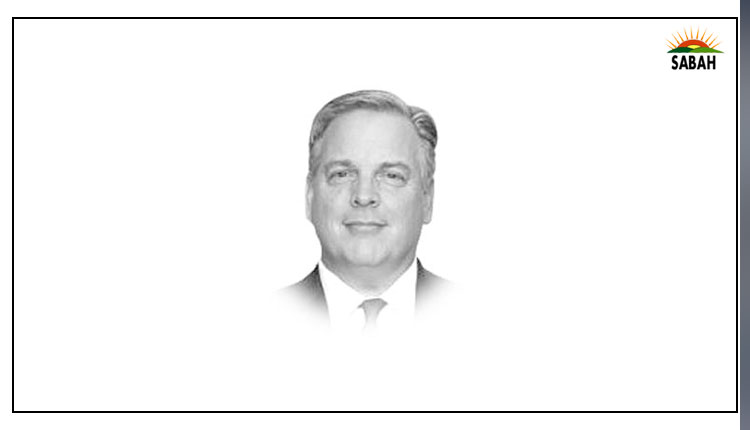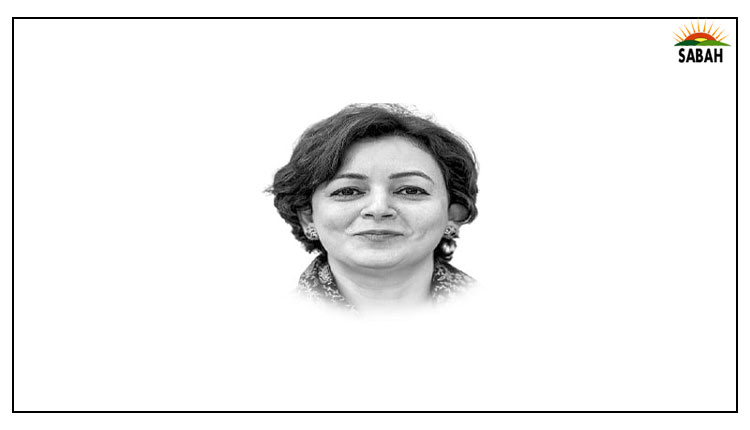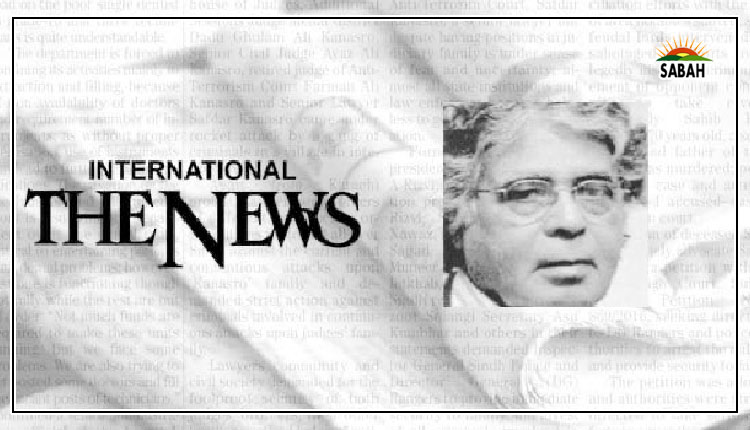A suffocated life…Ghazi Salahuddin
We have a graphic analysis of how political instability has taken a toll on human rights in the annual report of the Human Rights Commission of Pakistan (HRCP), released on Wednesday. The report State of Human Rights 2022 has, of course, covered the entire gamut of the human rights situation in the country. However, there are many other dimensions of what this political instability is doing to us.
Viewed against the backdrop of the economic turmoil that has plundered the lives of the common citizens, this political instability constitutes a deficit that cannot be calculated in any statistical terms. Apparently, it is in the nature of our continuing political conflicts to undermine whatever little intellectual capacity we have to understand and resolve the nations problems.
Though we have intellectually been undernourished for a long time, thanks to the rise of religious extremism and intolerance, the present situation has added a new urgency to the need for a pause for breath to then try to do some serious thinking about how we can move forward. At one level, the real challenge is to build a society that can be at peace with itself so that the lives of ordinary citizens can become more productive and meaningful.
Look around and you will notice a society completely unhinged. Political polarization, symbolized mostly by the phenomenon of Imran Khan, is affecting relationships within families and circles of friends. This is a serious issue, and one measure of its significance is revealed by the hullabaloo created by audio leaks that purportedly involved relatives of judges and lawyers and also a former chief justice of the Supreme Court.
Indeed, we have noticed an ominous shadow of this aberration across our judicial and administrative structures. There are theories about how the various institutions of the state are playing the political game. Tensions within the Supreme Court may also have some other reasons but the sense of fragmentation of society is enhanced by the lines that are drawn within the citadel of justice.
Not wanting to intrude into that rarefied domain, I am only trying to collect some thoughts on how Pakistani society is becoming more incapable of dealing with its problems because of the state of mind of the people in the midst of our political and economic disarray.
I need not dwell on this weeks headlines and the highs and lows that have marked the antagonistic confrontation between parliament and the Supreme Court, or its specific bench headed by the chief justice. There was a hint of the temperature coming down a bit when representatives of the coalition government and the PTI met face to face on Thursday to discuss the date for elections later this year.
What will come out of this contact that the PTI had been bitterly averse to for more than a year? What seems more likely is that rivalry between the two factions will survive and may even take a deadly turn. Even if the two sides are able to make a deal, it will not heal the wounds suffered by the Pakistani society and liberate the stunted minds of its people.
Politicians in Pakistan have not really been concerned about the moral and intellectual credentials of society and have not sincerely been seeking the advice of experts and creative individuals. One evidence is the virtual collapse of the system of education in the public sector, primarily for lack of political will to empower the ordinary citizens of the country.
When it comes to grieving about the many deficits of Pakistani society, it may be pointed out that a large number of countries across the world are also confronting large questions about their destiny and the pall of gloom is seen rising almost everywhere. We may identify countries that are more troubled than us. After all, Sri Lanka, another South Asian country, went into a default that Ishaq Dar continues to insist will not happen to Pakistan.
Pakistan will not be a Sri Lanka, we are often assured. Now, Sri Lankas default was in the sphere of its economy. Beyond economy, I wish we were Sri Lanka. We do not have enough information about how that country is struggling to cope with its economic difficulties, but we do know that there were no violent riots in the streets and even when protesters barged into the presidents palace, there was no vandalism. There was no stampede anywhere. In the initial phase, they waited for the fuel, with their vehicles, for even two or three days peacefully.
Where is the leadership that will realize the imperative of making Pakistan a more civilized country where liberal and progressive values could enrich the lives of the citizens? At some point in the past, Imran Khan could have been expected to play this role. A charismatic leader with following in resourceful sectors should have the wisdom and the drive to transform a society. Hasnt Ataturk been an inspiration for so many of our leaders?
What Imran Khan has turned out to be is the latest tragedy of Pakistans politics and how it is slipping into a deeper pit of decadence and bigotry. A lack of civility had always been a mark of our collective behaviour; the PTI has raised the bar in this respect. But this is only a peripheral issue when it comes to counting the derelictions of Imran Khans politics. And it adds to our misfortune that his rivals, the present rulers, have not been able to respond to the challenges they have inherited.
So, are we confronting the prospect of a societal collapse? Though this thought may be dominant in many minds, it is obviously not possible to have a rational, patient and informed discussion about it in the media or even in exclusive social gatherings of friends and colleagues. Does this mean that for us, as H G Wells said, there is no way out or round or through?
Courtesy The News



